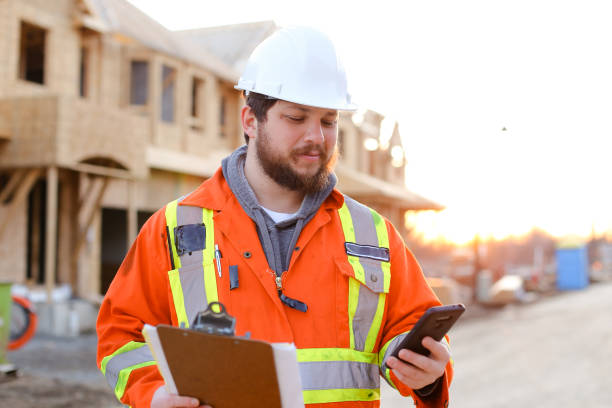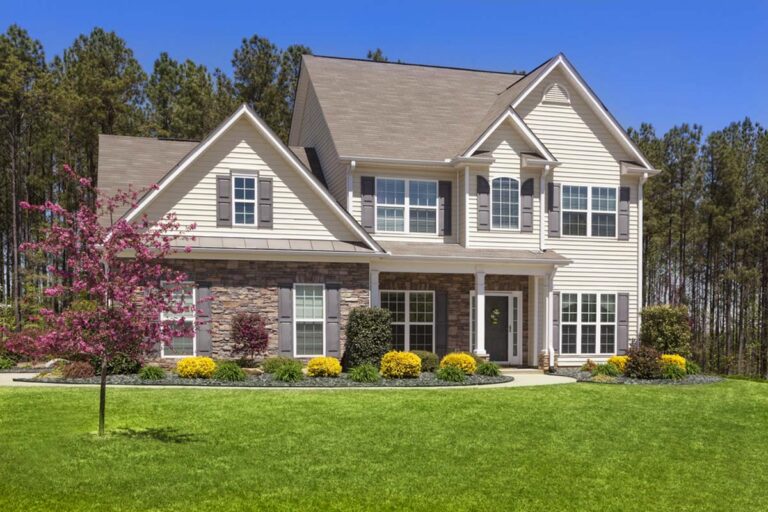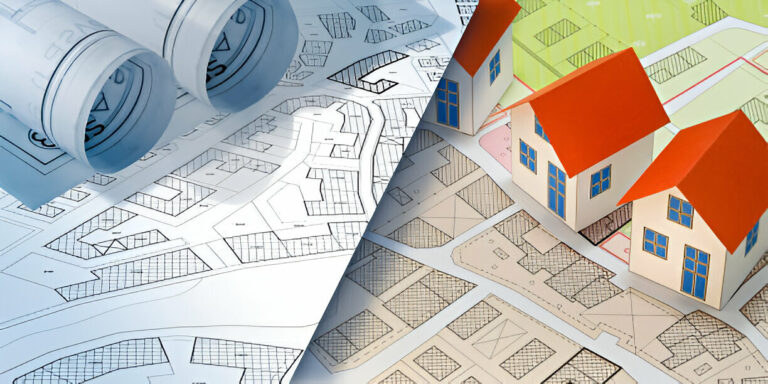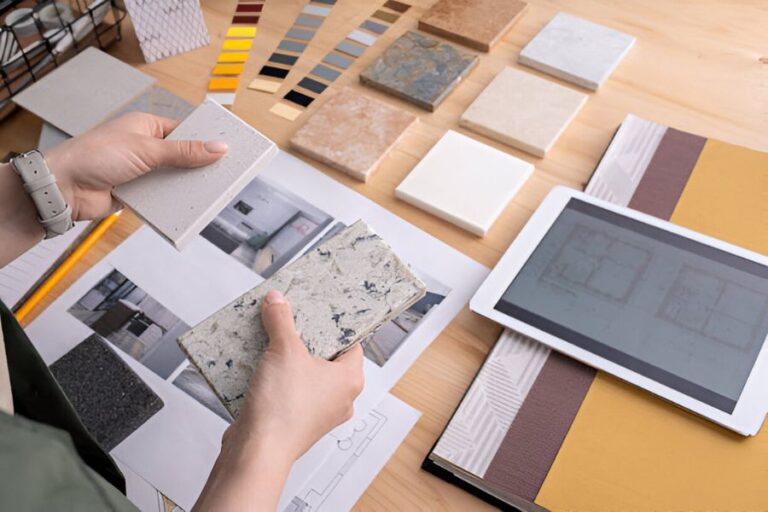5 Essential Questions to Ask When Hiring a Contractor for Your Custom Home
When you’re hiring a contractor for your custom home, it’s essential to ask the right questions. Start by inquiring about their experience, specifically with projects similar to yours. Don’t hesitate to ask for references and make sure to check them. You’ll also want to understand how they handle changes during the construction process, including their change order system. Discuss payment terms clearly, outlining schedules and methods. Finally, establish how you’ll communicate throughout the project for regular updates and urgent matters. These insights will not only help secure a reliable contractor but also paint a clearer picture of your project’s path forward.
What Is Your Experience?
When hiring a contractor for your custom home, one of the first questions you should ask is, “What is your experience?” You’ll want to know how many projects they’ve completed successfully and specifically, how many were similar to the home you envision. This isn’t just about ensuring they can handle the size or style of your project but also about verifying their ability to manage challenges that might arise during construction.
You’re not just building a house; you’re creating your dream home. It’s essential the contractor you choose has a proven track record with projects of similar scale and complexity. Ask them to detail the types of homes they’ve built, the materials and technologies they’re familiar with, and how they’ve adapted to changing project scopes or unexpected issues. This will give you a clearer picture of their depth of knowledge and problem-solving skills.
Understanding their experience also helps you gauge their reliability and commitment to safety, which is paramount. Remember, a contractor’s past performance is often the best indicator of their future results. Make sure they have the expertise to not just meet, but exceed your expectations.
Can You Provide References?
After evaluating the contractor’s experience, it’s equally important to ask for references. Don’t hesitate to request contact details of previous clients who’ve had similar projects. This step isn’t just a formality; it’s a vital part of ensuring your future home is in safe hands.
When you’re speaking with these references, don’t just confirm that the contractor completed the work. Dig deeper. Ask about their punctuality, communication, and ability to stick to a budget. Were there any safety issues during construction? How did the contractor handle unexpected challenges? These insights can reveal a lot about their professionalism and reliability.
Also, consider asking for photos of completed projects. Seeing actual results can give you a better sense of the quality and style of the contractor’s work. If possible, visit one of the finished homes. This firsthand look can provide peace of mind that you’re making the right choice.
How Do You Handle Changes?
Understanding how a contractor handles changes during the construction process is vital. As you engage in building your custom home, it’s inevitable that adjustments will need to be made. Whether it’s a material substitution or a design alteration, knowing your contractor’s process for managing these changes can greatly impact both the timeline and cost.
Firstly, ask whether they have a formal change order system. This system should clearly document any changes, including the new scope of work, adjusted costs, and revised timelines. Make sure there’s a straightforward procedure for you to review and approve these amendments before any work proceeds.
It’s also important to inquire how these changes might affect the overall project safety. Will any modifications compromise structural integrity or involve materials with different safety standards? Ensuring that safety is never compromised, regardless of the changes, is imperative.
Lastly, don’t forget to discuss how frequently you’ll be updated about potential changes. Regular communication can prevent surprises and help you feel secure in the knowledge that your home remains safe and on track.
What Are Your Payment Terms?
As you navigate through the specifics of changes and adjustments with your contractor, another key aspect to address is the payment terms. Confirming you’re clear about when and how payments need to be made can save you from potential financial hiccups down the line.
Firstly, ask your contractor for a detailed payment schedule. It’s common practice to pay a deposit upfront, followed by incremental payments tied to project milestones. However, you’ll want specifics. What percentage of the total cost is due upfront? At what completion stages are the subsequent payments expected?
It’s also wise to clarify the forms of payment accepted. Whether it’s checks, bank transfers, or another method, knowing this in advance will help you prepare accordingly. Don’t forget to inquire about any late payment penalties or interest rates to avoid any surprises.
Lastly, it’s a good idea to discuss what happens if, for any reason, a payment is delayed. Understanding these terms will not only protect you but also foster a transparent relationship with your contractor.
Addressing these payment terms clearly will confirm that financial aspects of your home building process are secure, leaving you free to focus on seeing your dream home come to life.
How Will We Communicate?
To guarantee your custom home project runs smoothly, it’s important to establish clear and effective communication channels with your contractor. You’ll want to clarify how often you’ll receive updates and through which mediums. Will you prefer weekly emails, or are scheduled calls more your style? Perhaps you’re more comfortable with a quick text update for minor issues but would like a more detailed monthly meeting to discuss larger aspects of the project.
It’s also crucial to know who’ll be your main point of contact. Is it the contractor themselves, or someone else on the team? Knowing whom to reach out to can eliminate confusion and make sure you’re not left in the dark about any aspect of your home’s progress.
Make certain to ask how your contractor handles communication outside of regular updates. How quickly do they respond to emails or calls? In case of an emergency or urgent issue, you need to know how swiftly they can communicate necessary actions or decisions.
Establishing a detailed communication plan with your contractor is not just about staying informed; it’s about building a safety net for your investment. It makes certain that you’re actively involved in every step and that your vision is accurately brought to life.







